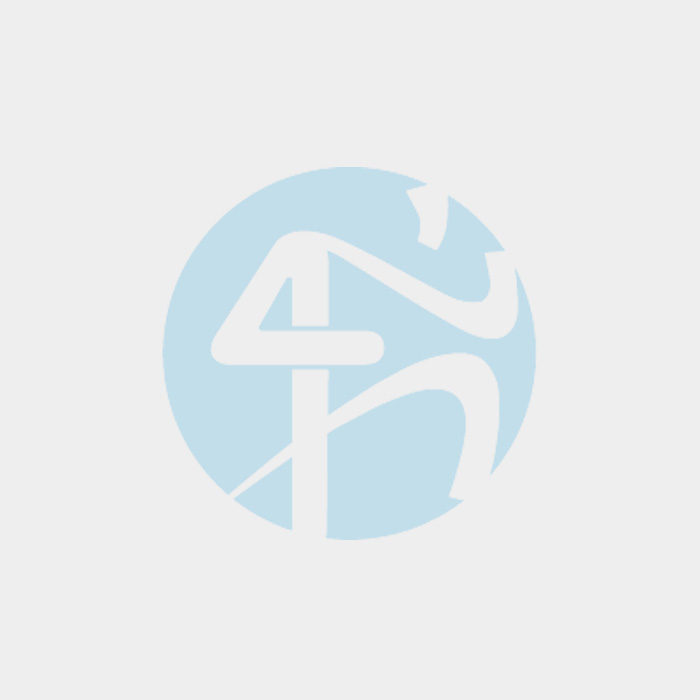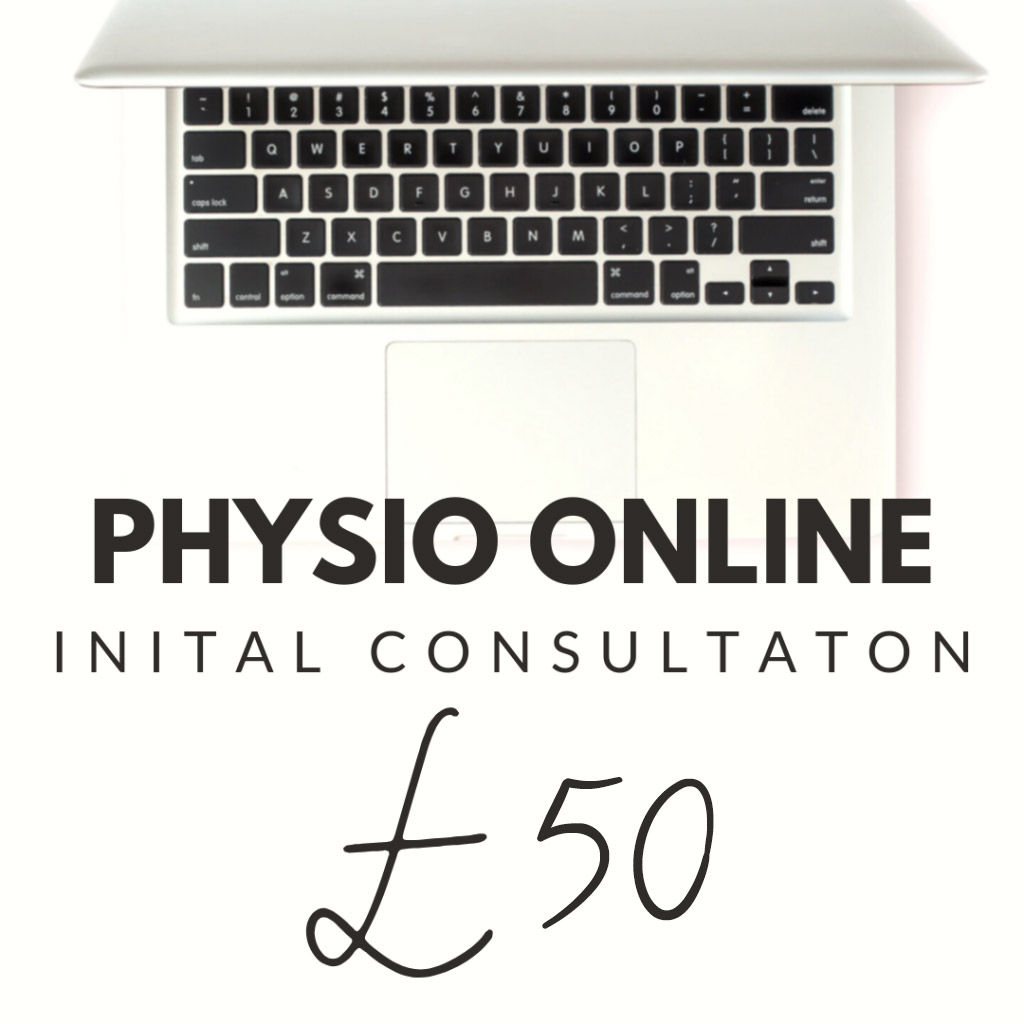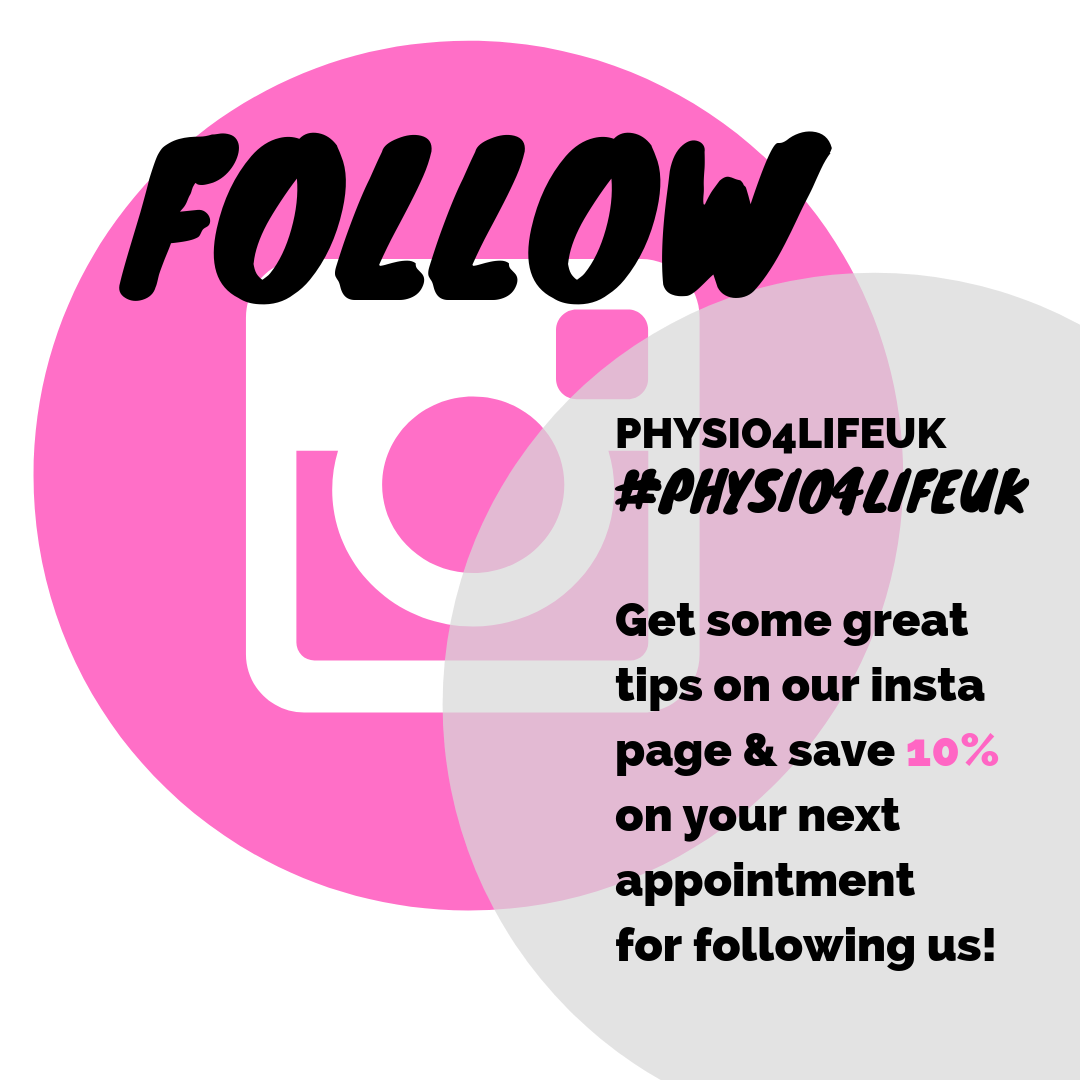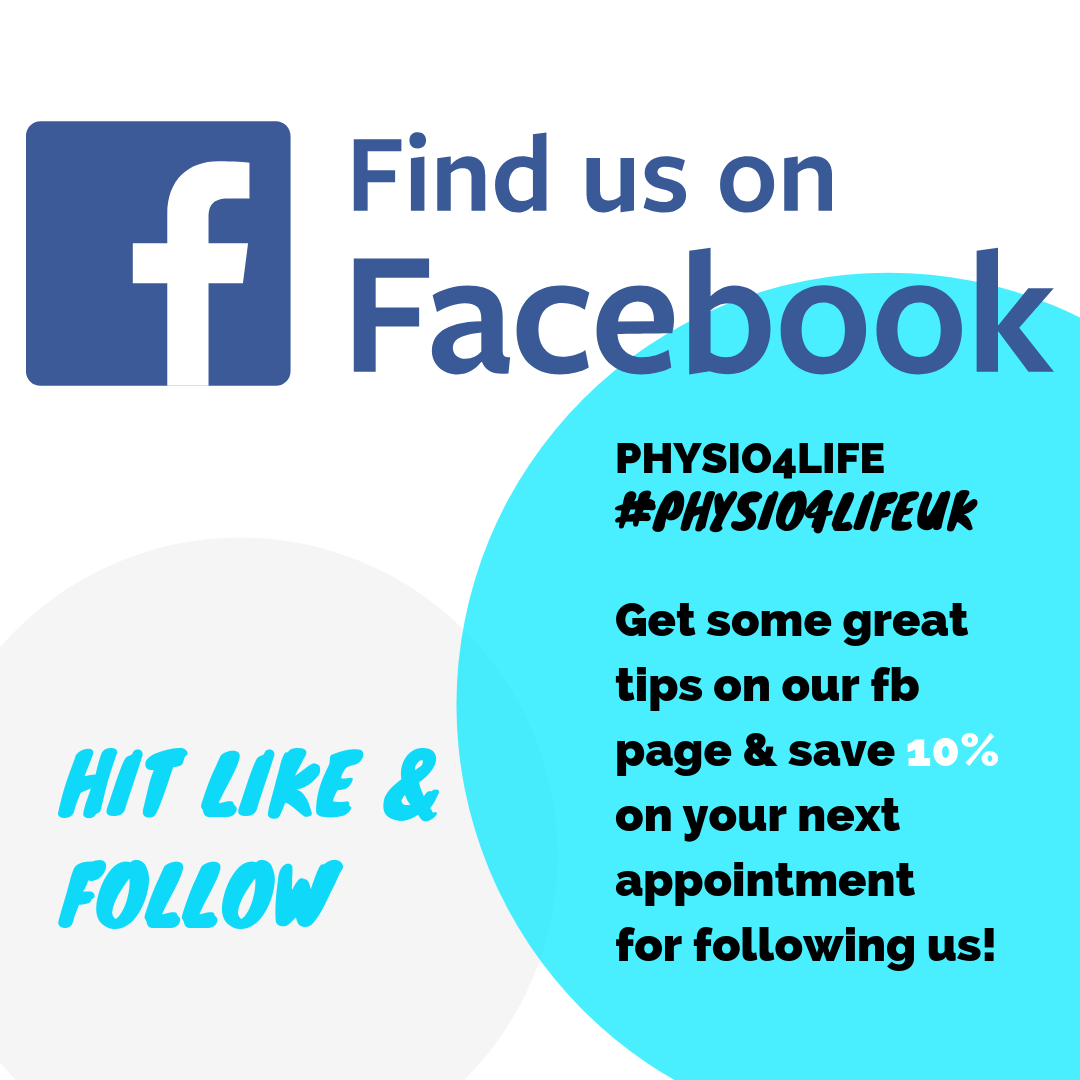
| |
|
INJURY TITLE
| Sternoclavicular joint ‘SCJt’ |
INJURY OVERVIEW
| This is the joint where the collar bone attaches to the upper centre of the chest (sternum). Commonly injured from a direct blow to the joint or from a blow to the shoulder. |
INJURY IN-DEPTH INFORMATION
| This joint is the only boney joint that connects the entire arm to the body. Because of a difference in size of the end of the collar bone and the sternum, only about 25% of the joint is in contact at any one time. This makes the joint relatively unstable.
There are a lot of important structures both in front of and behind this joint, that can make a relatively simple injury quite complicated (including some major veins and arteries and your wind pipe).
Injury to this joint can be divided into sprains (stress on the ligaments around the joint), and subluxations and dislocations where there is a rupture of the securing ligaments and sometimes a fracture of the collar bone itself.
Dislocations where the end of the bone sticks out from the chest is less serious, but when the bones is taken backwards, this is more serious due to compression of the wind pipe and blood vessels. |
COMMON SIGNS & SYMPTOMS
| Local pain and swelling
Difficulty moving the arm Difficulty hold the arms own weight Sometimes a visible bump will be present if there has been a subluxation or dislocation. |
HOW IS IT ASSESSED
| Simple observation and clinical assessment may be all that is needed. X-Ray will help determine the degree of any dislocation. |
GENERAL TREATMENT
| Where the bone sticks out away from the chest, the treatment is dependant upon the symptoms.
Simple immobilisation and reduction of inflammation for a few weeks may be all that is needed. Dislocations can be reduced with traction, but this tends to be only if the are caught early. Also if a dislocation happens, then some of the main stabilising structures are damaged, so it is common for the bump to remain.
If the bone goes backwards, surgery may be required to take pressure off the vital tissues behind. After this treatment is much the same.
Physiotherapy will focus on providing mobility to the join and strength to surrounding muscle groups to aid recovery and function. |
| Exercise Videos: i.e.
Rotator cuff strengthening Pec stretch etc |
WHICH HEALTH PROFESSIONAL TO CONSULT
| PHYSIO X | MEDIC X | PODIATRY |



